Our company has transitioned into Coldwell Banker Commercial. We have experts in specified areas that can provide CMA’s and BPO’s. Click the link below to visit the website and get into contact with a broker.
A Comparative Market Analysis (CMA) is a valuation tool used in real estate to determine the current market value of a property. It involves analyzing recent and comparable property sales in the local market to estimate the fair market value of a property being appraised or listed for sale. Many of the features should be considered implicitly in the comparables selected. Occasionally there are additional items with contributory value that require adjustments, or at least additional consideration. Here's a description of the CMA process:
Gathering Comparable Property Data: The first step in a CMA is collecting data on recently sold properties that are similar to the subject property. This includes properties in the same neighborhood or area, with similar features (e.g., size, condition, amenities), and that were sold within a specific timeframe.
Analyzing Sold Properties: Once the data is collected, the next step is to analyze the sold properties. This involves reviewing the sale prices, property details, and any relevant factors that might influence value, such as location, lot size, number of bedrooms and bathrooms, and any upgrades or renovations.
Making Adjustments: After analyzing the sold properties, adjustments are made to account for differences between the subject property and the comparables. For example, if a comparable property has an extra bedroom, its sale price may be adjusted downward to reflect the subject property's lesser number of bedrooms.
Calculating the Estimated Market Value: Using the adjusted sale prices of the comparable properties, an estimated market value is calculated for the subject property. This value represents the approximate price at which the subject property could sell in the current market.
Providing the CMA Report: The final step is to present the CMA findings in a report. The report typically includes the list of comparable properties used, the adjustments made, the calculated market value, and any additional market insights or trends that may influence the property's value.
It's important to note that a CMA is not the same as a formal appraisal conducted by a certified appraiser. However, it serves as a valuable tool for real estate agents, buyers, and sellers to understand the local market and determine a reasonable asking or offering price for a property.
A Broker's Price Opinion (BPO) is a professional opinion provided by a real estate broker or agent regarding the estimated value of a property. It is typically requested by financial institutions, lenders, or third-party entities that require a valuation of a property for various purposes, such as loan origination, loan modification, foreclosure proceedings, or investment analysis. Here's an overview of the BPO process:
Property Inspection: The broker or agent will visit the property to conduct a visual inspection. They will assess the property's condition, note its features and amenities, and evaluate any potential factors that may impact its value, such as location, size, layout, and overall appeal.
Comparable Property Analysis: Similar to a Comparative Market Analysis (CMA), the broker or agent will research recent sales and active listings of comparable properties in the local market. They will look for properties that are similar in terms of location, size, condition, and features to establish a benchmark for comparison.
Analysis and Adjustments: The broker or agent will analyze the data gathered from comparable properties and make adjustments to account for any differences between the subject property and the comparables. Adjustments may be made for factors such as square footage, number of bedrooms and bathrooms, upgrades, lot size, and other relevant features.
Determining Property Value: Based on the property inspection, comparable property analysis, and adjustments, the broker or agent will determine an estimated value for the subject property. This value represents their professional opinion of the property's worth in the current market.
BPO Report: The broker or agent will provide a comprehensive BPO report that outlines the property's details, the methodology used to determine value, the comparable properties analyzed, any adjustments made, and the final estimated value. The report may also include photographs, market trends, and additional information relevant to the property's valuation.
It's important to note that a BPO is an opinion rather than a formal appraisal conducted by a certified appraiser. However, BPOs are commonly used in the real estate industry as a cost-effective alternative for obtaining property valuations for various purposes.



